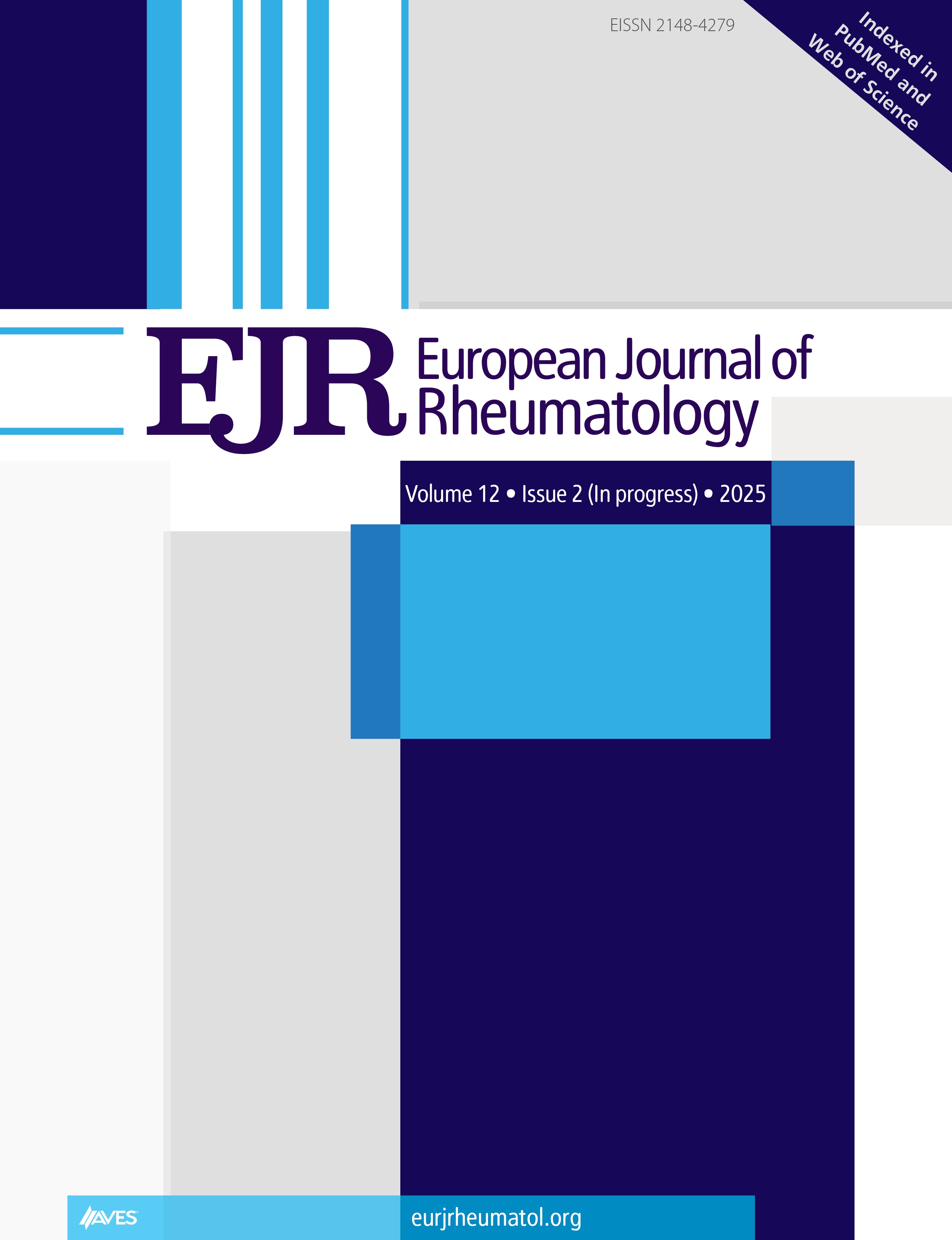Abstract
We present the case of a patient with relapsing anti-synthetase syndrome (ASS) that may have been triggered by monoclonal antibody trastuzumab therapy given for breast cancer. A 52-year-old female with a history of anti-Jo1-associated ASS went into remission with glucocorticoids and mycophenolate mofetil. Her past history included invasive ductal carcinoma of the right breast that was fully treated six years prior to the onset of ASS. She subsequently developed recurrent right-sided breast cancer that was treated with right mastectomy and six cycles of cyclophosphamide-docetaxel chemotherapy. She commenced adjuvant trastuzumab and letrozole therapy, and following the sixth injection of trastuzumab, she was admitted with clinical features consistent with a flare of ASS, which included swinging fever, interstitial lung disease, myositis, and possible subclinical myocarditis, despite recent treatment with cyclophosphamide. She responded to intravenous IV methylprednisolone followed by increased doses of oral glucocorticoids, and she remains stable on immunomodulatory treatment and letrozole monotherapy given for breast cancer. This report provides a concise overview of ASS along with other cases of cardiac and pulmonary diseases attributed to trastuzumab therapy reported in the medical literature.
Cite this article as: Reynolds TD, Mohan V, Roy M, Manghat N, Adamali H, Gunawardena H. An unusual flare of anti-synthetase syndrome during concurrent trastuzumab therapy given for recurrent breast cancer. Eur J Rheumatol 2017; 4: 278-71.



.png)